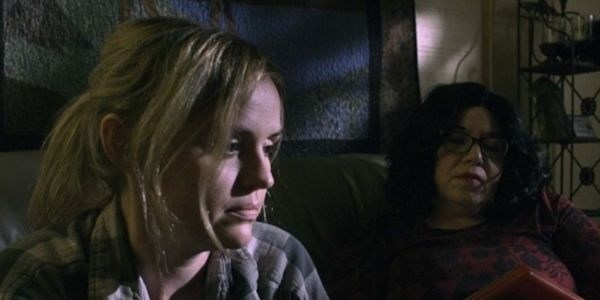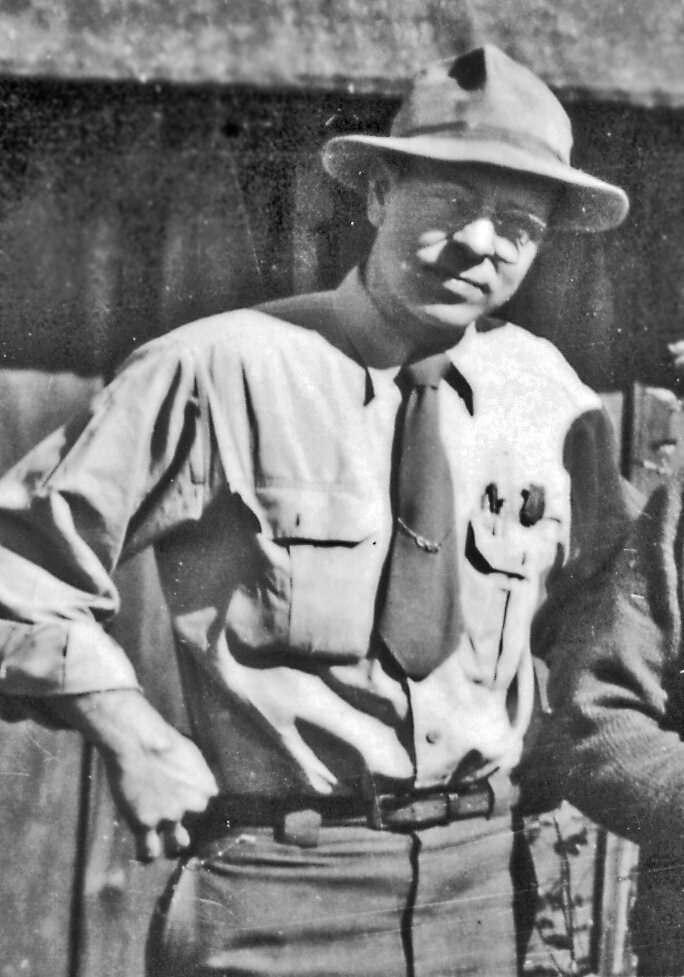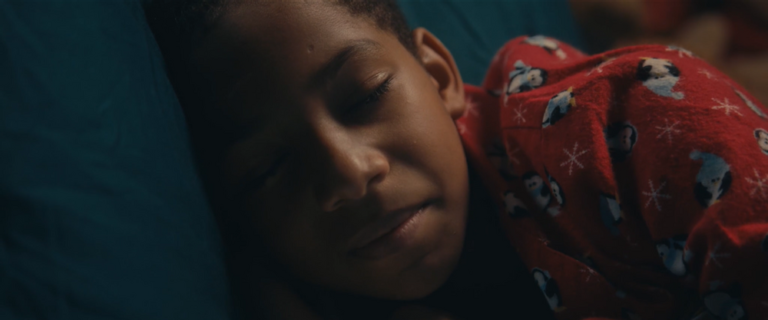LETTERS TO DANIEL: Messy But Important
Mental health is a topic that has only recently begun to receive proper representation in film and television. For decades, people didn’t treat mental health seriously, thus making life more difficult for those struggling. No one knows this better than Amy McCorkle who, in 1999, suffered a bipolar breakdown while trying to pursue her dream of filmmaking. With help from her best friend, she went on a long journey which she showcases in her latest directorial effort Letters to Daniel. The film struggles under a lack of resources, but ultimately portrays a good message about getting back on your feet.
Potential
Letters to Daniel tells McCorkle’s story over a fifteen-year period, framed with letters to her favorite actor Daniel Craig. The film begins in 1999, as McCorkle (Megan Jones) and her best friend Missy (Virginia Beld) take a chance and move to Texas to pursue filmmaking. In a way, the beginning of the film is an interesting take on a coming-of-age story, with Amy and Missy learning how to become financially independent and dealing with being away from home for the first time.

The performances by Jones and Beld hold a sometimes confusing film together. Missy is the more motherly of the two, standing by and taking care of Amy even in her worst moments. Beld gives a subtly strong performance that tells the audience more about Missy than is present in the script. Jones has the tough task of playing someone struggling with bipolar disorder. We’ve seen plenty of overdramatic breakdown scenes in films that are more cartoonish than sympathetic. But Jones never strays into this territory. Her portrayal was honest and felt real.
McCorkle’s script is a bit of a mixed bag. The voiceover sections and the subtitles under each “chapter’s” title card featured some funny, self-deprecating lines that give us more insight into Amy’s true personality. The actual dialogue scenes, however, often felt clunky and a bit unnatural. Running at just over an hour, there were storylines that either felt rushed or completely skipped over. At one point the girls visit Amy’s Aunt Rosie in a coffee shop and make a comment that implies they regularly see her. This was confusing because although Aunt Rosie was mentioned before, it didn’t seem like they were very close to her. The film starts in 1999 and ends in 2011, so it’s no wonder certain things had to be cut. But if the film was even 30 minutes longer, it would have fleshed out important details.
Where Is Daniel Craig?
Some of the film’s technical struggles can be chalked up to a lack of budget. For example, Amy works at a movie theater in 1999 but there are Avengers: Endgame posters in the background. There were some mistakes, however, that could have easily been fixed with another pass. The sound was sometimes inconsistent. Different actor’s line flubs were kept in the film. Perhaps this was meant to give it a more realistic feel, but that didn’t translate. Sometimes we would see Amy writing her letters at her computer, physically typing, but the screen was clearly the password page.

The film is told through chapters featuring voiceover throughout the film. This voiceover is Amy reading her titular letters to Daniel Craig. This is a unique way to frame the film, but it wasn’t clear why. We never hear Amy talking about Craig’s impact on her until near the end of the film. It would have been interesting to actually see a scene where she first sees his work or something of that ilk. If she didn’t keep saying his name in the voiceover, it would be easy to forget that she was writing to him.
What the film does capture successfully are the many layers of dealing with bipolar disorder. McCorkle isn’t afraid to show her worst moments, telling Missy during one of her mood swings that if she doesn’t stop talking she’s going to kill her. The confusing mixed messaging from healthcare is also an important topic that is broached. One of the more compelling aspects was Amy’s relationship with her religious grandmother. In the throes of her disorder, her grandmother thinks that she is lazy for sleeping all the time. She loves Amy and Amy loves her, but she truly doesn’t believe that mental health is as serious as physical health.
Conclusion: Letters to Daniel
Letters to Daniel is pretty uneven at times, but the story it is telling is important and engrossing. It’s safe to assume many watching will be able to relate to Amy and Missy’s dream of being filmmakers. Most importantly, the film shows that if you have the right people around, you can make it through anything.
Watch Letters to Daniel
Does content like this matter to you?
Become a Member and support film journalism. Unlock access to all of Film Inquiry`s great articles. Join a community of like-minded readers who are passionate about cinema – get access to our private members Network, give back to independent filmmakers, and more.
Join now!





